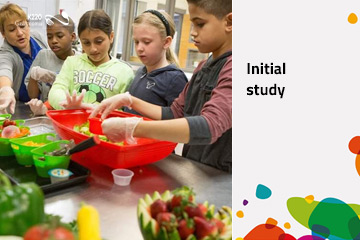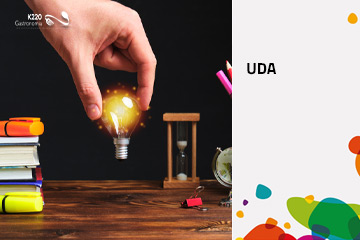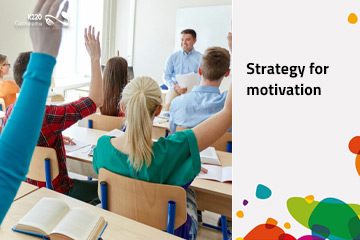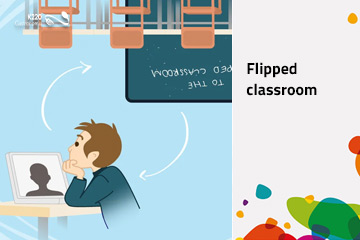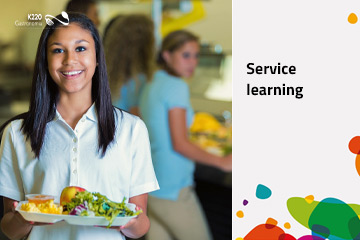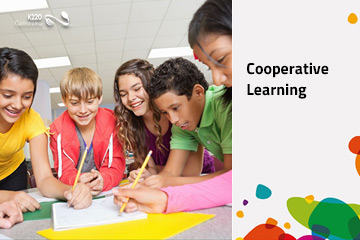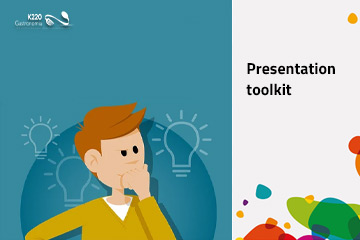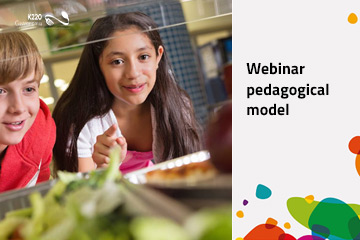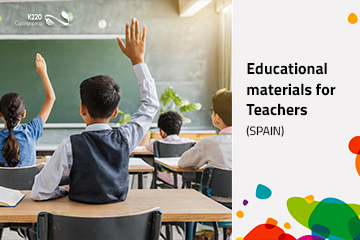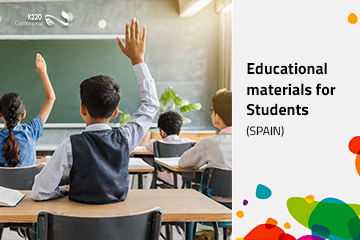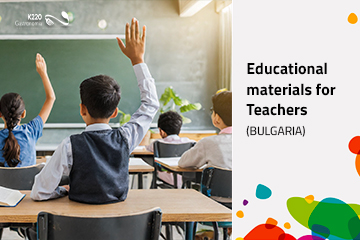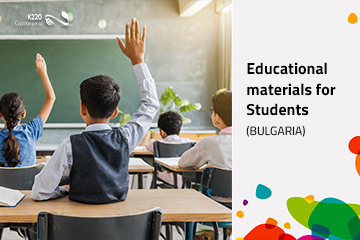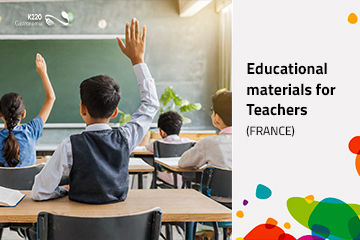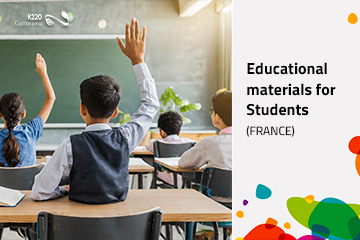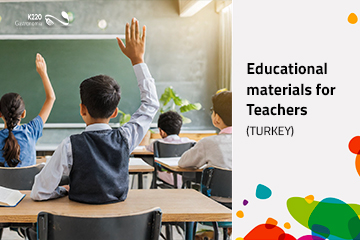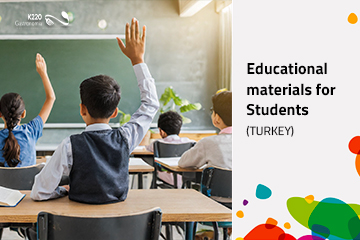Definition of competence of the European Council: “competence means the proven ability to use knowledge, skills and personal, social and/or methodological abilities in work or study situations and in professional and/or personal development; competencies are described in terms of responsibility and autonomy”
Methodologies and active teaching: cooperative learning, peer education, flipped classroom, laboratory teaching
"The 'flipped classroom' has been defined (by, for example, Abeysekera & Dawson, 2014) as a set of pedagogical approaches that seek to reduce student cognitive load and increase student motivation and engagement by:
- Moving most information-transmission teaching out of class,
- Using class time for learning activities that are both active and social, and
- Requiring students to complete pre- and/or post-class activities to fully benefit from in-class work.
The elements that characterize Service Learning, highlight the innovative potential of the approach and support the implementation of the courses are:
- Double intentionality between learning and service.
- Virtuous circle between learning and service objectives.
- Partnerships.
- Curriculum-linked service activity.
- Duration and intensity.
- Transdisciplinarity.
Cooperative Learning can be broadly defined as a set of classroom management techniques in which students work in small groups on learning activities and receive assessments based on their achievements.
GLOBAL&LOCAL suggests partners to work on the following operational tracks:
- Metacognitive teaching
- Constructivist teaching and heuristic lesson
- Teaching focused on skills development
- Social-emotional education
We are pleased to deliver the Educational Material that you will find inside the TECHNOLOGICAL HUB, to be considered as a real toolbox for you with the aim of making your work and the study you are currently carrying out more effective and efficient possible

